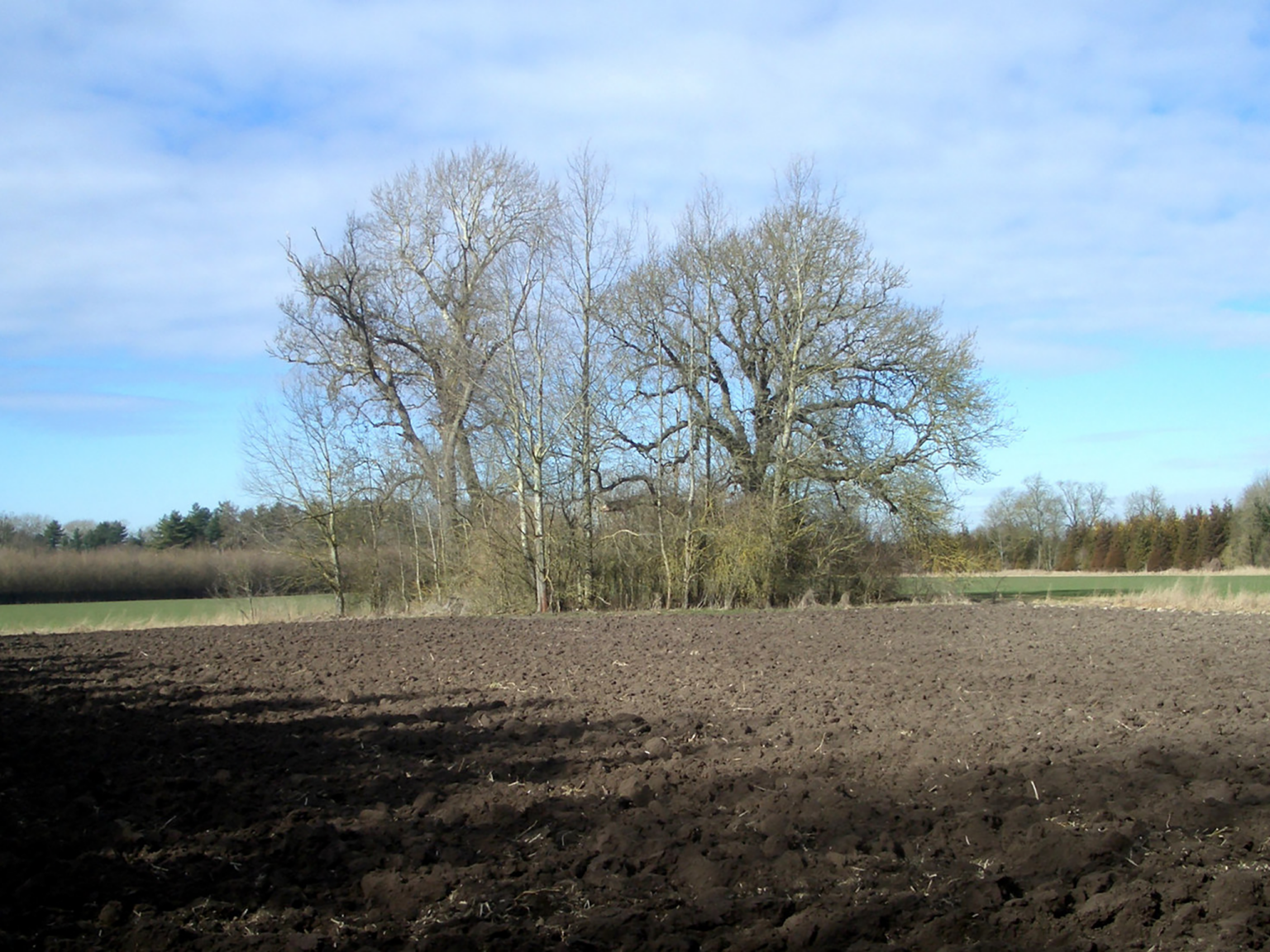Different industries have their own language. Often a word, or a combination of words, has a different meaning to those who know the jargon. For example, a television crew might say that they are going to “shoot” in a garden, but the word “shoot” in this connotation does not refer to a gun, but instead relates to taping or filming.
Likewise, in the horticulture world, we have a special language, and its interpretation is often not clear to someone in a differing industry. Two of my favorite common gardening terms are “deadheading” and “sport.”
To a gardener, “deadheading” refers to removing old flowers to encourage the development of new flowers and/or to prevent seed formation. To someone outside of the industry, one can only imagine what they might think. A “sport” has nothing to do with an athletic activity but refers to a branch or shoot of a plant that is different from the original plant; a sport is often the source of a new cultivar.
Gardening is a learning experience in many ways, and learning new terminology is just one part of it. Recently we got a suggestion from U.K.-born plantsman Nicholas Staddon at Everde Growers, a Texas-based wholesale grower with farms in Oregon, to write about “spinneys.” I agreed to take this topic on, but I had no idea what the word referred to. I knew it would have some reference to the gardening world, but what?
Learning about this new word and its meaning was a challenge and a new learning experience. The experience proved to be more than I had ever imagined.
English usage, French roots
I started by asking tree guru Nancy Buley, communications director for wholesale tree breeder and grower J. Frank Schmidt & Son Co., about the word “spinney,” but she said she had never heard it. She, in turn, asked a co-worker, Guy Meacham, who Nancy referred to as their “resident Brit.”
Meacham said spinneys are common in Britain and are usually a remnant bit of woodland with an understory of shrubs. The shrubs can be a mix of various plants, with one being blackthorn, which is the fruiting shrubby tree that produces sloe gin. Sloe gin is a British liqueur made with gin and sloes, the fruit of Prunus spinosa, which is perhaps the same Latin root as spinney.
Regarding spinneys, Nancy said, “I’ve not heard of their being planted deliberately in the U.S., but it seems like a good idea to give spaces of refuge for birds.”
Another local source of tree information is Talon Buchholz, from Buchholz & Buchholz Nursery in Gaston, Oregon. Talon also said that “spinney” was a new word to him. He connected with a gardening friend in England, Brian Humphrey, for information.
“The origin of the word is from the French, as so much of our language is: Espinoy, meaning spiny or thorny thicket of woodland,” Humphrey reported back. “Often spinneys become covered in thorny brambles (Rubus) and/or blackthorn (Prunus spinosa) but some are mixed with primroses and/or bluebells in the spring. Ours is a mixture of overstory of beech (Fagus sylvatica) and alien sycamore (Acer pseudoplatanus) with some blackthorn and Taxus baccata beneath, plus bluebells, primroses and wild garlic in the spring.”
Upon learning that “spinney” is, or was, a commonly used term from ye olde England, I contacted my longtime friend Ralph Woods. Ralph was raised in the farm country of East Anglia in rural England, and I thought he might have direct personal experience with a spinney.
Fortunately, he did have personal knowledge of a spinney and was very familiar with them. Ralph said that the common definition was a small unkempt stand of isolated trees, often a mix of beech, ash, sycamore and elm.
The word “spinney” is derived from Middle English, which developed after the 11th-century Norman Conquest of England, so the French origin of the term makes sense. (That’s how many Francophone words entered the English language.) It connotes prickly or spiny undergrowth. Usually trees of a spinney would be deciduous, not coniferous.
The idea behind a spinney was to provide a habitat for wildlife, often rabbits, pheasants and partridges, which would then provide some hunting for the local squire. Sometimes the word “copse” is used, and the two words, spinney and copse, seem to be used interchangeably.
Where have all the spinneys gone?
Ralph said that a spinney is rare these days, because modern farming practices require large tracts of open field for the giant pieces of equipment that tractors now haul. In the past, a horse-drawn plough or hay cutter could easily be maneuvered around a small stand of trees.
Ralph wrote, “Sadly, the disappearance of a spinney has contributed to the enormous reduction in wild bird, insect and animal life in the U.K.” (I would add the U.S. as well.)
“Now, huge hedge-less and spinney-less fields of glowing rape, golden wheat and demurely drooping heads of barley have replaced the monarchical spinney, so welcoming in days of yore to the local wildlife. Bare, featureless fields now dominate the local landscape where once these proud outcroppings of sentinel spinneys stood.”
With the current trend in promoting native plants for pollination and wildlife habitat, perhaps spinneys may again become commonplace. While the average urban gardener would not have the space to support a spinney, there are certainly groups of plants that can be placed together to provide habitat and maybe be referred to as a small spinney.
A small spinney including dwarf trees and shrubs could be a wonderful way to get children involved in gardening and to learn about the necessity of providing habitat for our native bees and other insects. Add a small pool or source for water and the possibilities of attracting even more wildlife become substantially increased.
A small spinney could become a focal point in a garden center. Installing some signage with the word “spinney” is bound to attract attention because gardeners would be unfamiliar with the term — and as we all know, gardeners like to know it all.
Once they understand what the word means and how a small spinney could be created in an urban garden, I think those with enough space will latch on to this new word and run with the idea.

